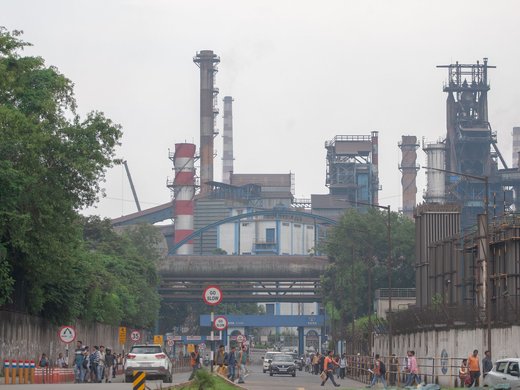While global foreign land leasing does result in key development benefits for people in the host countries, such benefits can only be realized if the deals are structured in a more participatory and transparent manner — an aspect that is often missing. Land issues are particularly salient in Kenya, where less than 20 percent of land is arable and agriculture is the main source of livelihood for more than 70 percent of the population. Land leasing requires urgent policy measures to ensure the effective design and use of leased land. This policy brief provides insights on the measures that local Kenyans, who live in the land lease areas of the Tana Delta and Yala wetlands of Siaya County in western Kenya, want to see incorporated in the design of land leases.


